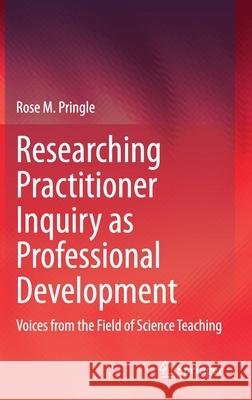Researching Practitioner Inquiry as Professional Development: Voices from the Field of Science Teaching » książka
topmenu
Researching Practitioner Inquiry as Professional Development: Voices from the Field of Science Teaching
ISBN-13: 9783030595494 / Angielski / Twarda / 2020 / 165 str.
Researching Practitioner Inquiry as Professional Development: Voices from the Field of Science Teaching
ISBN-13: 9783030595494 / Angielski / Twarda / 2020 / 165 str.
cena 402,53
(netto: 383,36 VAT: 5%)
Najniższa cena z 30 dni: 385,52
(netto: 383,36 VAT: 5%)
Najniższa cena z 30 dni: 385,52
Termin realizacji zamówienia:
ok. 16-18 dni roboczych.
ok. 16-18 dni roboczych.
Darmowa dostawa!
Kategorie:
Kategorie BISAC:
Wydawca:
Springer
Język:
Angielski
ISBN-13:
9783030595494
Rok wydania:
2020
Wydanie:
2020
Ilość stron:
165
Waga:
0.45 kg
Wymiary:
23.39 x 15.6 x 1.27
Oprawa:
Twarda
Wolumenów:
01
Dodatkowe informacje:
Wydanie ilustrowane











